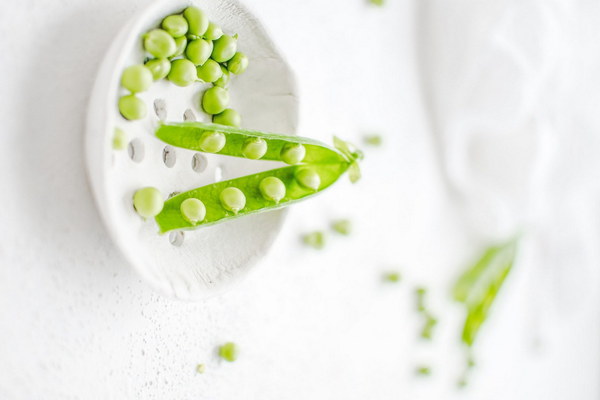The Liver and Kidney Benefits of Yellow Wine A Comprehensive Guide
Yellow wine, an ancient fermented beverage, has long been celebrated for its health benefits. One of the most renowned advantages of this traditional Chinese drink is its ability to nourish the liver and kidneys. But does yellow wine really have a positive impact on these vital organs? Let's delve into the science and folklore behind this claim.
Understanding Yellow Wine
Yellow wine, also known as huangjiu, is a type of Chinese rice wine that has been brewed for centuries. Made from fermented rice, it is characterized by its golden hue and distinctively sweet, nutty flavors. While it is less well-known internationally compared to other Chinese spirits like baijiu, yellow wine holds a significant place in Chinese culture and cuisine.
The Liver and Kidney Connection
In traditional Chinese medicine (TCM), the liver and kidneys are considered two of the most important organs in the body. The liver is responsible for filtering blood, metabolizing nutrients, and detoxifying the body, while the kidneys play a crucial role in filtering waste products and regulating fluid balance.
According to TCM, the liver and kidneys are closely connected. The liver's energy, or qi, nourishes the kidneys, and vice versa. This interdependence is why TCM practitioners often recommend treatments that address both organs simultaneously.
Health Benefits of Yellow Wine
Now, let's examine the potential health benefits of yellow wine, specifically its impact on the liver and kidneys:
1. Antioxidant Properties: Yellow wine contains a variety of antioxidants, including flavonoids and polyphenols. These compounds have been shown to protect the liver from oxidative stress and inflammation, which can lead to liver disease.
2. Blood Circulation: The alcohol content in yellow wine can help improve blood circulation, which is beneficial for both the liver and kidneys. Better blood flow means more efficient detoxification and waste filtration.
3. Detoxification: Yellow wine's diuretic properties can help the kidneys expel excess fluids and waste products, reducing the risk of kidney disease.
4. Stress Reduction: Drinking moderate amounts of wine, including yellow wine, can help reduce stress levels. Stress is known to have negative effects on both the liver and kidneys.
Moderation is Key

While yellow wine may offer some health benefits, it is essential to consume it in moderation. Excessive alcohol intake can actually harm the liver and kidneys, leading to conditions like fatty liver disease and kidney damage.
The recommended daily limit for alcohol consumption is one drink for women and two drinks for men. One drink is typically defined as a 12-ounce beer, a 5-ounce glass of wine, or a 1.5-ounce shot of distilled spirits.
Conclusion
In conclusion, yellow wine may indeed have liver and kidney benefits, thanks to its antioxidant, diuretic, and blood-circulation-boosting properties. However, it is crucial to consume it responsibly and in moderation. As with any health-related topic, it is always best to consult with a healthcare professional before making significant changes to your diet or lifestyle.









